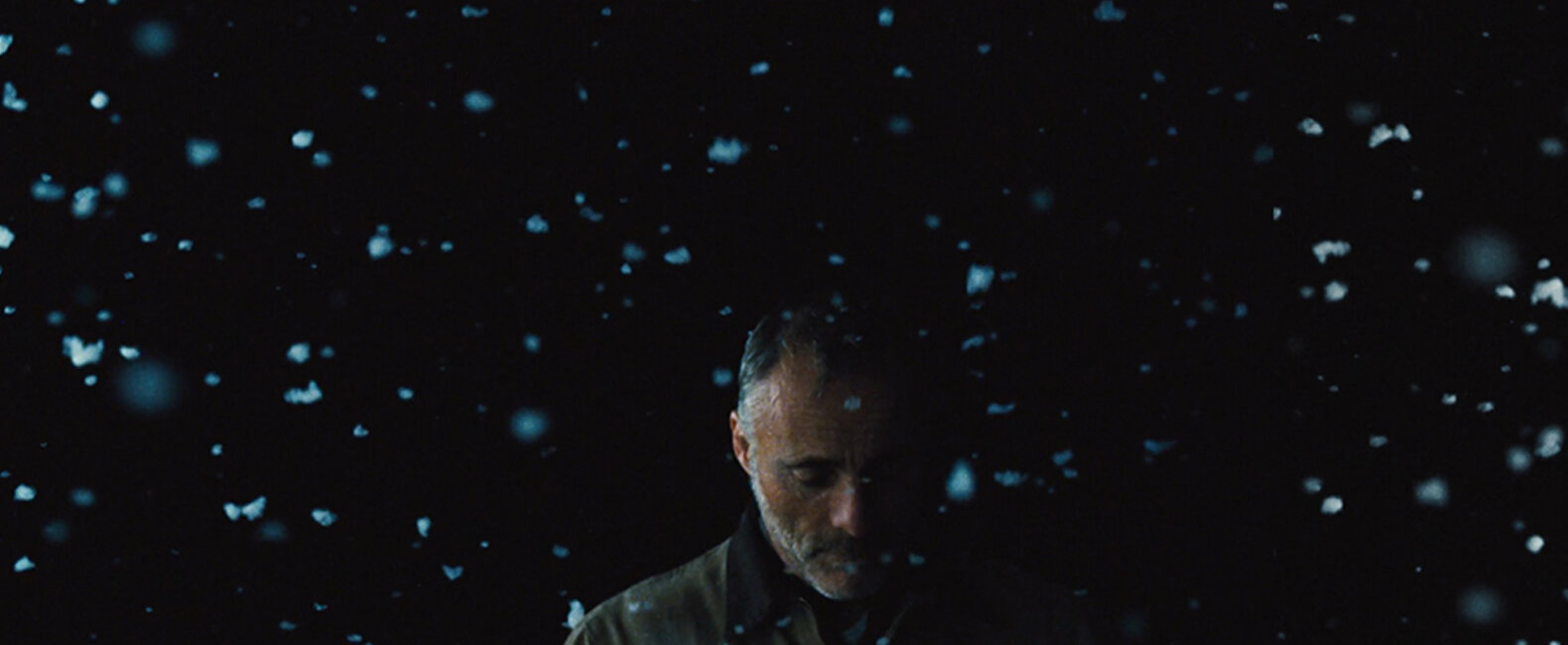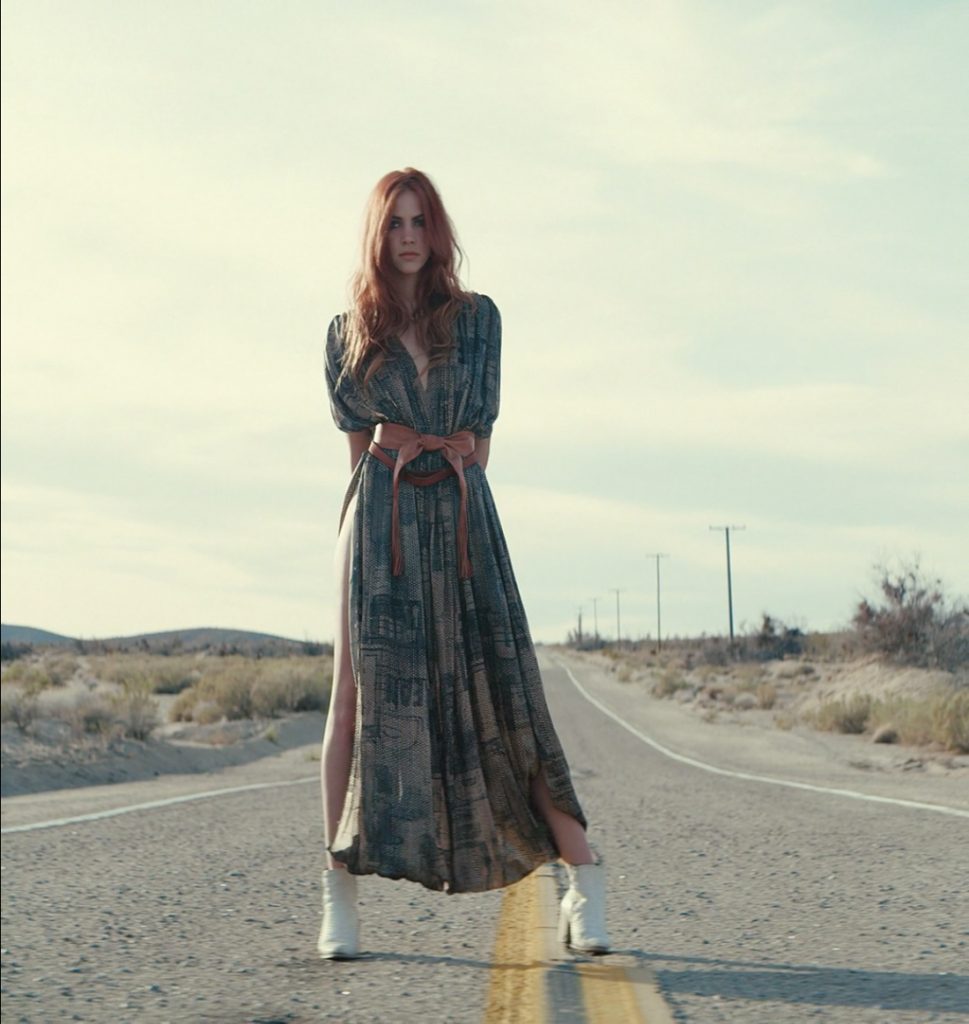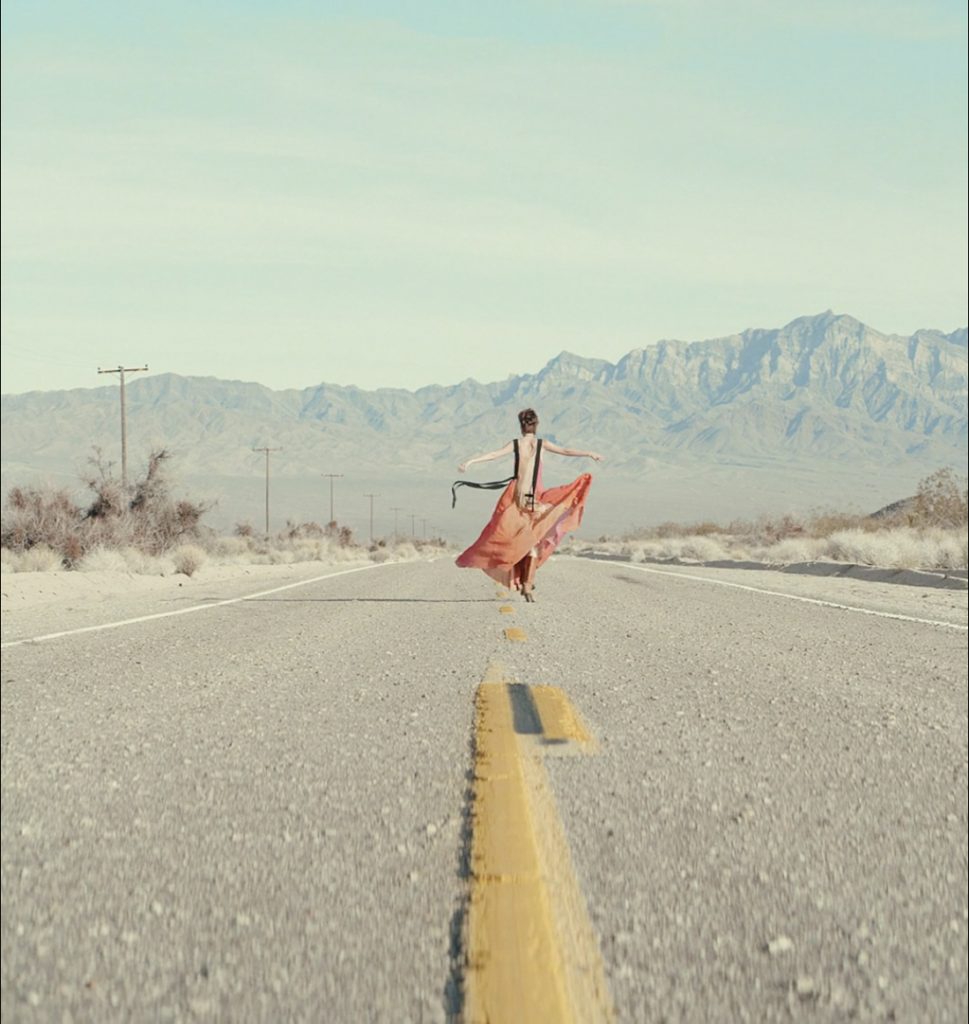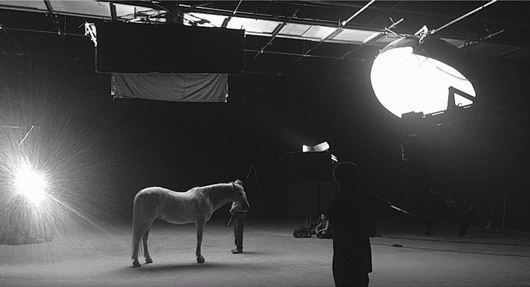There’s this concept in psychology called “flow.” It’s that moment when you become so fully immersed in your work that you lose all sense of time, sense of space, and sense of yourself. They say it happens when your challenge is perfectly matched to your ability, and that people who often reach “flow” are the happiest people on the planet.
If you were to ask us what this interview with Chayse Irvin is about, we wouldn’t tell you it’s about creating amazing lighting (which Chayse is known for throughout the industry). We wouldn’t tell you it’s about cinematography (which has been Chayse’s passion since he was in high school). We’d tell you this interview is about flow.
“I think that’s when artists are really creating their best work,” Chayse told us, “when they stop doing things voluntarily.” Here’s our conversation with Chayse Irvin.

Where are you right now?
I’m in Venice. I’ve been bouncing back and forth from New York to L.A. for the last year or so. I love it here in Venice though. It’s beautiful. I moved into this apartment in December, and it’s just turned into a real creative space for me.
How did you get into filmmaking?
I was really lucky when I was young. I had an uncle who was an editor. He had a VHS camera, and my brother and I and our friends started making little movies with the assistance of our mom, who was our camera operator. When I got near the end of high school, I had to decide whether I was going to keep at it. A film program popped up in my high school and I joined it. I started finding a real passion for it.
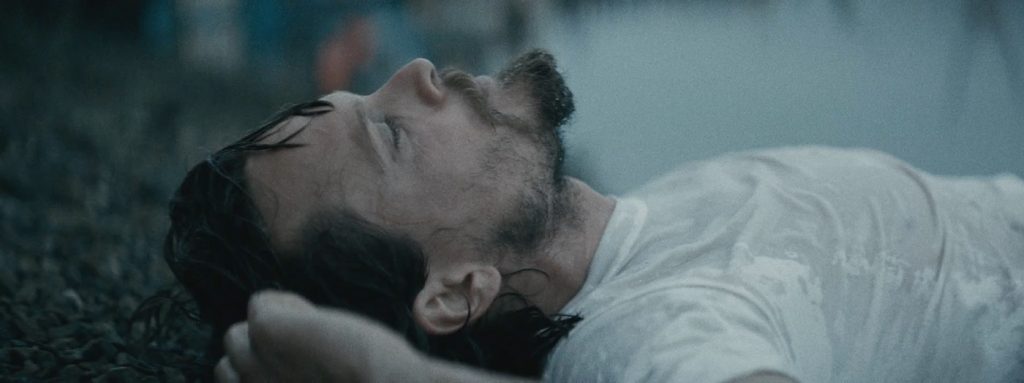
My mom was teaching singing at the time, and it just so happened that a really great producer and production designer was the father of one of her students. They made a trade: She taught his daughter for free, and I got to hang out on the sets of his TV shows. I got my first set experience at 16, and on some shows that are far bigger than even the stuff I’m shooting now. Not to mention [one show] was like the first television show ever to be shot in HD.
Right away on a television show, you can see the imprint of the cinematographer. It’s not as collaborative as a feature film, so you can really see the cinematographer running the show. The directors come and go. The only continuity is the director of photography.
What show was it?
It’s called Mysterious Ways. It was on NBC for a bit. It’s not super memorable. I remember standing next to the cinematographer looking at this array of monitors that was like the sharpest thing I’d ever seen. Instantly, I was like, “I want this guy’s job. He’s like the leader. He knows what he’s doing.” It was really appealing to me.
I went to film school but dropped every class that wasn’t related to cinematography. So that’s how I failed film school. But I just kept moving forward anyway. I enrolled in a second-year cinematography program and met this great cinematographer who took me under his wing. He gave me the freedom to experiment on my own, rather than follow a curriculum. His approach was basically, “Here’s the equipment; go figure it out.”
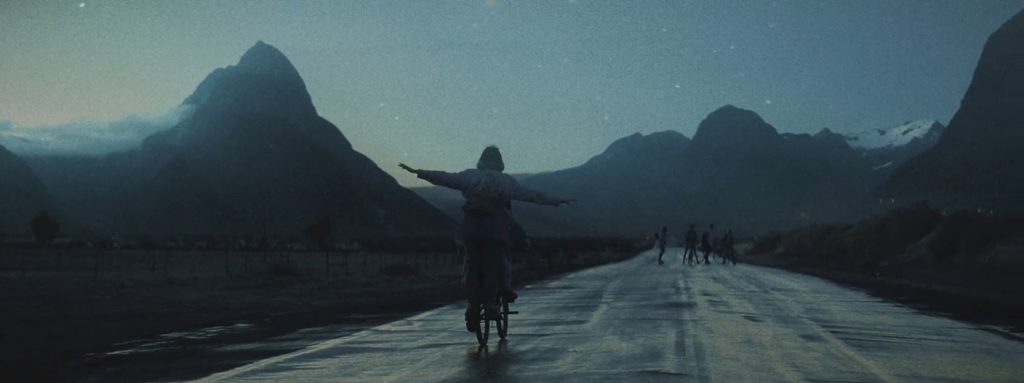
And that worked for you?
It really did. I was so young when I left high school and went straight into film school. I didn’t know anything. Being able to figure things out on my own has prepared me for what I’m doing now. I’m able to draw on my own philosophy and aesthetics. I think I responded well to things being open-ended because that’s the way I’ve always operated. I’ve never been super focused on big-picture things. I’ve always looked at the little tiny things. Like how this water tastes or what this lens is going to do. I’m never thinking about where I’ll be two years from now. I know so many people who try to sculpt their careers, but I find it never goes the way we plan anyway. I try to focus on whatever the immediate thing in front of me is and just work through that thing.
What was it about cinematography that you loved so much?
I don’t know if there are any words to describe it. I became obsessed. It wasn’t even a decision. All of a sudden I was watching movies constantly. I was buying every book, reading it front to back. I was doing whatever I could do to learn. It was this natural thing. It wasn’t like I was trying to push myself.
Are you still obsessed?
I think so. But I’ve hit a new stage where I’ve become quite the minimalist. I don’t overprepare. I’m kind of on a new path to learning. Obsession only took me to a certain point. It’s become more about forgetting the things I learned in the past and really using my childlike nature to react to things on a production.
One of the hardest things in cinema is making things seem natural that are actually contrived. Making something seem natural is extremely, extremely hard to do. When you get it, it’s like a miracle. I’ve sort of come to this point where I’m trying to be as vulnerable as possible to whatever is happening.
Can you talk more about the difference between the obsessive phase of your career and the post-obsessive phase?

Yeah. One thing is that I used to be really, really prepared for everything. I knew exactly what I wanted to do with the narrative and the lighting setups. But I’m not like that so much anymore. I want to do less and less with my lighting. As a camera operator, I wanted to be more reactive. I wanted to feel the flaws. I didn’t want everything to be perfectly planned out and perfectly executed. I starting finding the imperfections really, really interesting. And it’s not that I don’t plan anymore; it’s just that I’m very quick to divert from it, react to whatever is happening.
For me, the secret of great cinematography is the location and the production design. I try to let a space tell me how it needs to be lit. I don’t want to impose some reference or idea of what I think it should be.
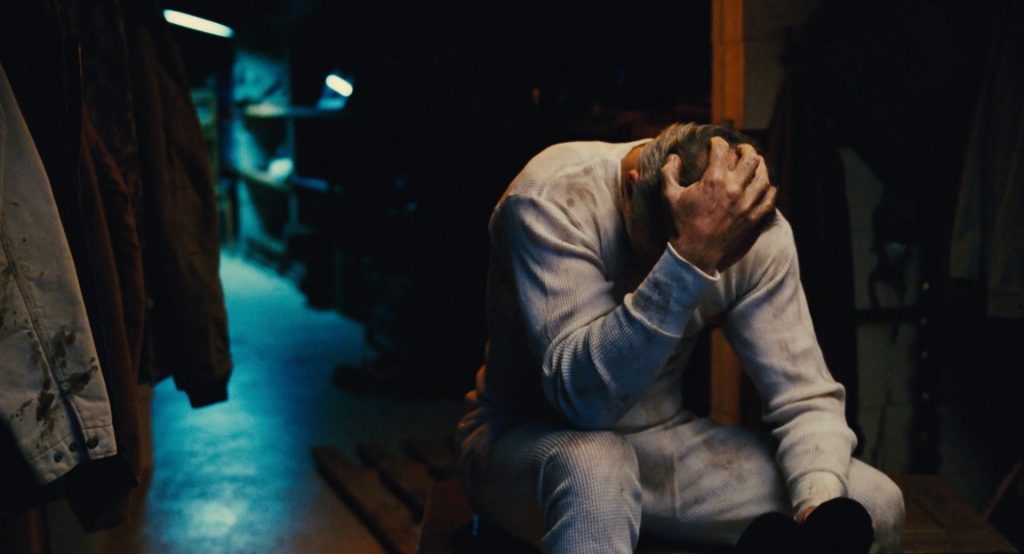
Another thing is that I like to work very quickly. Some of the best cinematography I ever shot was in these moments when I forgot entirely what I was doing and why. I think that’s when artists are really creating their best work, when they stop doing things voluntarily.
I’ve found the more I limit myself — the more I shoot an entire thing on a singular lens, the more I use only one light — the more bold my choices are. And sometimes that bold choice is to be very subtle. There’s a boldness in subtlety. If you’re subtle about how you light something or how you shoot it, to me that’s really powerful. More powerful than if I saw a big beam of light coming through a scene or some really dramatic performance. That stuff has no impact anymore. I find subtle things to be the most potent.
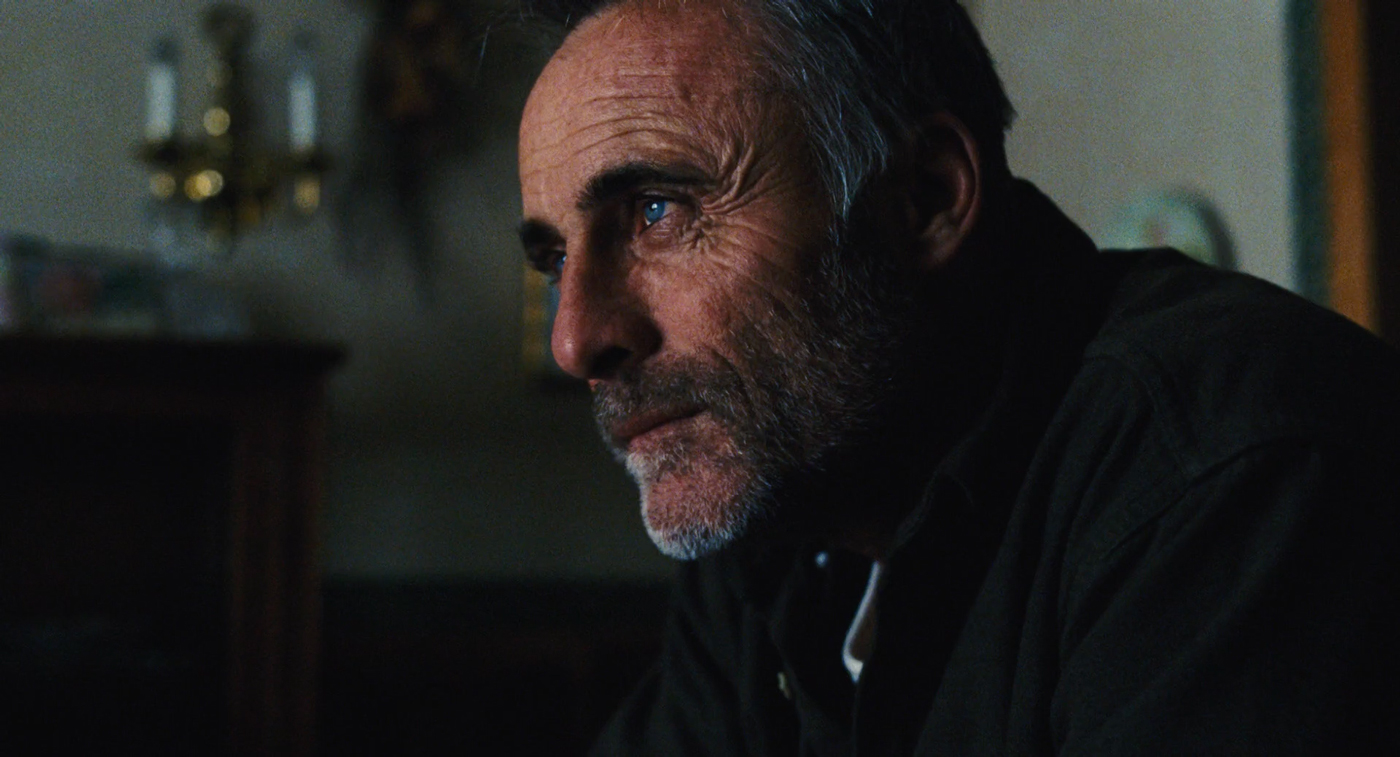
Do you remember a specific moment when you transitioned into this second level?
I think I was doing it and didn’t realize it. If I made any decision, it was to start working with people who knew more than me.
I know you’ve done a lot of commercial work. Are there lessons you’ve learned from that industry?
Speed. Definitely speed. I started lighting entire rooms rather than specific scenes or faces just because we were so pressed for time. But then I got so interested in the complexities of light when it’s not perfect. Now I always light the space, the room.
Another thing I learned was that as an artist you never have to ask permission. You can just go and do it. I started doing that with Khalid, and it has reverberated throughout my career. If I see something and I want to do, I just go do it. And I do it quickly. The directors I’ve been working with really love that. You come out with unique stuff. In the moment of inspiration, I act. Rather than going through the politics of making sure it’s all clear, I just go do it. The results has been really, really amazing for me.

I was on a shoot one time — it was this kissing scene in a tree. The sun was going down and we set up the camera and the first take was just terrible. It was the most awkward, unusable take ever. The director was staring at me like I’d screwed up his whole movie. It looked like we might not get the shot, so I grabbed the camera and a sandbag and started placing the camera in all these different positions. I was trying to find all the tiny little details that described the bigger picture. I don’t even remember why I was making the choices I was making. All I knew was that the sun was going down and the light was beautiful, and I started making all of these rapid choices. We got six or seven shots, and some of them turned out to be some of my favorite shots in the film.
That’s one of the biggest lessons I’ve learned. [It’s about] getting to that place where you’re not thinking at all, you’re just reacting, you’re just making choices. Your ego is gone. You don’t even know who you are. I haven’t totally mastered it.

Have you figured out any ways of getting into that mind-set more often?
It’s really about making yourself vulnerable to things. Some of the most talented guys I work with — they’re almost like children on the set. They get so elated over the smallest thing. They’re excited and sad and excited and sad. That, to me, is childlike vulnerability. Whereas, in the industry, the way it’s done is the opposite. You need to be indifferent, hard core. But the guys making some of the best stuff, they’re just big softies who want to feel stuff.
When I’m standing on set, I take a deep breath and try to let everything go, just feel like a kid again. Like this is a playground.
I was doing this thing with Eliot Rausch recently, a short called Breathing Underwater.There’s this opening and ending scene that’s hand-held and really sloppy. And I remember at one point during filming, I stopped trying to force things to happen. I just relaxed. I grabbed a hose and handed it to this girl who started hosing the kids down. Then this young girl found a dead bird, and I was there to capture it. And Eliot was smiling ear to ear the whole time. He was like, “That’s what it is.” And I’m like, “I don’t know what it is.”
But we were being vulnerable to the things around us. We were there. We were in it. We didn’t set stuff up. Things were just happening. In the end we had this footage that totally embodied what the film was about.
I think artistic idealism is important. People resonate with things that were created in earnest.
Totally. And somebody’s got to keep pushing things forward, keep changing things. I don’t think those people get appreciated until much later. I think Martin Scorsese is like that. He was hugely influenced by some radical stuff coming out of Europe. He took that and made it his own. Right now, I think we’re in a bit of a dark period. A lot of movies coming out are just mindless narcotics for people to zone out to. They’re not actively engaging [viewers] and posing incessant questions where people can learn something about themselves through the process of watching something. I’m not saying that’s all bad. There’s a place for it. I just wish the alternative were more present as well. Maybe we’ll start seeing more of it soon.
Thanks to Chayse Irvin for chatting with us. We love the thought of mastering your craft to the point where it becomes second nature — where you can be fully in a moment, reacting to what’s around you, trusting your instincts. If Chayse’s work is any indicator, that really is when the best work is created.















































































